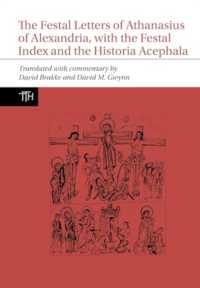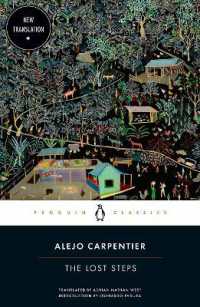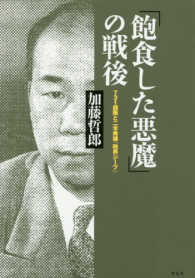Full Description
What is the nature of knowledge? Anthropology imagines it possible to divide or separate social and analytical relations, whereby knowledge travels between persons as a thing. And yet, Bolivip imagines knowledge as the bodily resources or parts of a person that can be extended or combined with others. This methodological exchange is modelled on a moment from Bolivip - an exchange of skin whereby knowledge is returned in respect of prior nurture and care given, and two people become encompassed by one skin.
The Min area of Papua New Guinea has proven to be one of the most enigmatic cultures in anthropological experience. But rather than accept this resistance to analysis as a problem of Melanesian secrecy, this volume suggests that archaic notions of anthropological knowledge have been the problem all along. Taking up the 'Min problem' head on, this study suggests a novel solution to the impasse.
The argument works through alternating chapters: an imagistic ethnography of Bolivip describes how arboreal and horticultural metaphors motivate the growth of persons and plants by circulating bodily resources through others. Knowledge here comes from those who contribute to conception, and is withheld until a person is capable of bearing it. These images are used to provide new readings of classic Melanesianist texts - Mead, Bateson and Fortune - substituting theoretical ideas for intimate relations; Weiner and Strathern's own experiments with anthropology modelled on Melanesia; and Barth's reading of secrecy amongst the Min.
The book provides an valuable insight into our own assumptions about knowledge and the world by means of insights into the aesthetics of a Papua New Guinean lifeworld.








